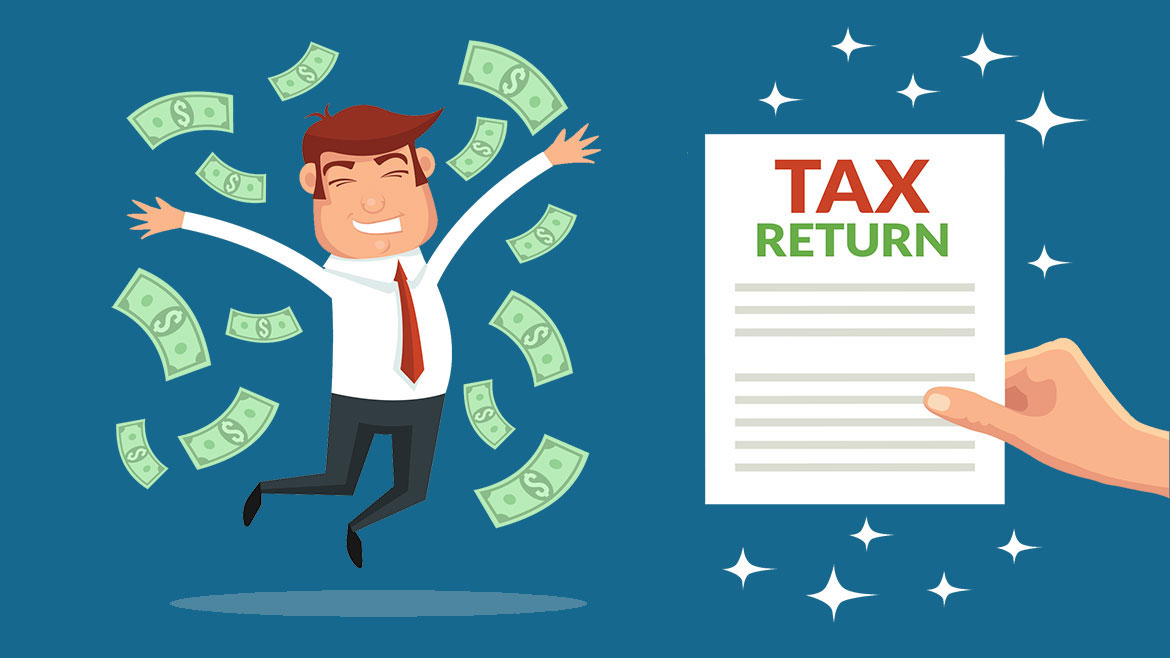Receiving a tax refund can provide Canadians with a welcome financial boost, offering an opportunity to make strategic decisions to enhance their financial well-being. However, determining the best use your income tax return requires careful consideration and planning.
From debt reduction to investment opportunities and savings goals, Canadians have various options to optimize their tax refunds.
In this guide, we’ll explore the best way to use your income tax refund to achieve long-term financial security and prosperity. By making informed choices with their income tax return, Canadians can take meaningful steps toward achieving their financial goals and aspirations.
1. Debt Repayment
Consider using the tax refund to pay down high-interest debt, such as credit card balances or personal loans. By reducing debt, you can save on interest charges and improve your overall financial health.
2. Emergency Savings
Build or bolster your emergency savings fund with the tax refund. Aim to set aside three to six months’ worth of living expenses in a high-yield savings account to cover unexpected financial emergencies.
3. Investment
Consider investing the tax refund in a registered retirement savings plan (RRSP) or tax-free savings account (TFSA) to grow your wealth over the long term.
This allows you to invest in the best Canadian stocks and benefit from future tax deductions and tax-free gains.
Consult with a financial advisor to determine the best investment options based on your goals and risk tolerance.
4. Education or Training
Allocate the tax refund towards furthering your education or skills development. Invest in courses, certifications, or workshops that can enhance your career prospects and earning potential.
5. Homeownership
If you’re a first-time homebuyer or planning to upgrade your current residence, use the tax refund towards a down payment or closing costs.
Homeownership can provide long-term financial stability and potential appreciation in property value.
Canadians can also use their tax refund to invest in their FHSA account, allowing them to take advantage of tax deductions and tax-free gains while saving up for their first home.
6. Charitable Contributions
Consider donating a portion of the tax refund to charitable organizations or causes that are meaningful to you. Not only does charitable giving benefit others in need, but it may also provide tax deductions in future years.
7. Travel or Experiences
Allocate a portion of the tax refund towards travel or experiences that enrich your life and create lasting memories.
Whether it’s a vacation, cultural exploration, or recreational activities, investing in experiences can enhance your well-being and quality of life.
8. Start A Business
If you have aspirations of starting a business or pursuing entrepreneurial endeavors, consider using your tax refund to fund startup costs, product development, or marketing initiatives.
Investing in your entrepreneurial goals can lead to financial independence and personal fulfillment
9. Home Improvements
Use your tax refund to invest in enhancing the value and comfort of your home. Consider renovations, upgrades, or repairs that can improve energy efficiency, increase property value, or enhance living spaces.
Whether it’s updating appliances, renovating bathrooms or kitchens, or landscaping improvements, investing in your home can provide long-term benefits and improve your quality of life.
Additionally, certain home improvements may qualify for tax credits or deductions, providing additional financial incentives for investing in your property.
10. Health and Wellness
Health is the first wealth, and if you’re not healthy, you’re less likely to have the energy to reach your financial goals.
Invest in your health by using the tax refund to cover medical expenses, health insurance premiums, or wellness activities like gym memberships or healthy meal subscriptions. Prioritizing your physical and mental well-being is essential for long-term vitality and productivity





